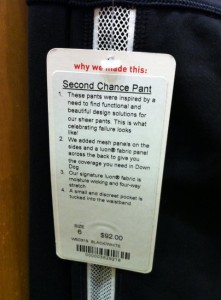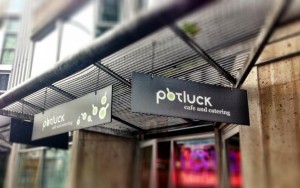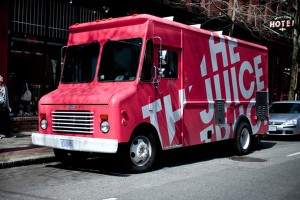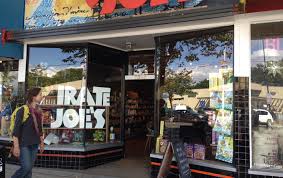We had a lecture on innovation and entrepreneurship last week, and I thoroughly enjoyed it. The group activity was an entrepreneurship challenge, where each group chose a social problem we would like to solve.
My group chose to own a 3D printer – to solve the absence of vital organs (needed for transplants) and medicines unavailable in emergencies and times of crisis.
What we didn’t know, was that this idea was already a company. Organovo developed a bio-printer that will be able to make tissues such as skin, muscles and blood vessels (as a start). The technology was adapted from inkjet printing. There is much work to be done, and many clinical trials to be completed before they hit the market. But there is hope that the machines will be able to print vessels needed to sustain organs such as the heart and livers.

Biotechnology start-up Organovo is “developing a range of tissue and disease models for medical research and therapeutic applications” with the help of their NovoGen Bioprinter.
There is much interest in the development, and as of November 12th, their shares (ONVO – Organovo Holding Inc.) rose approximately 16%. People are intrigued and amazed by this new technology, it is innovative and possibly life-saving.
With each machine priced at $200,000, it is not the cheapest device in the world. However, it introduces the question, ‘how much is someone’s life worth?’
Sources:
http://www.economist.com/node/15543683
http://www.utsandiego.com/news/2013/Nov/12/Organovo-rises-bioprinting/
http://www.foxnews.com/health/2013/09/24/3d-printing-aims-to-deliver-organs-on-demand/












